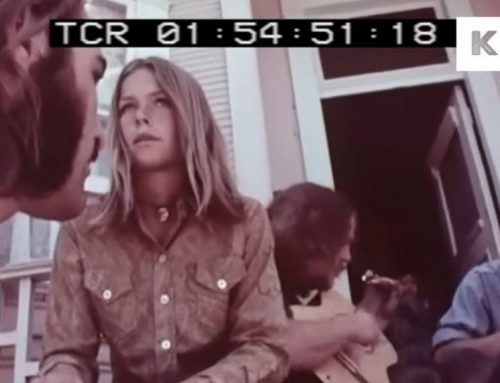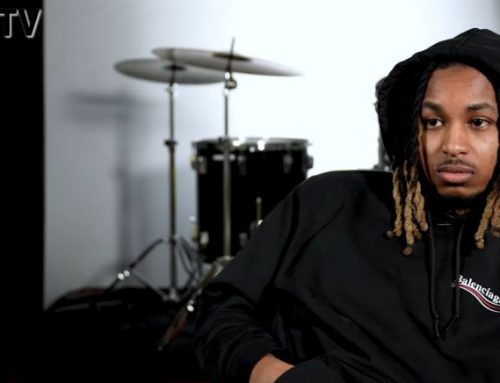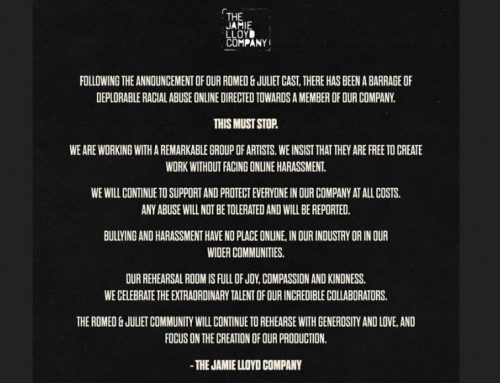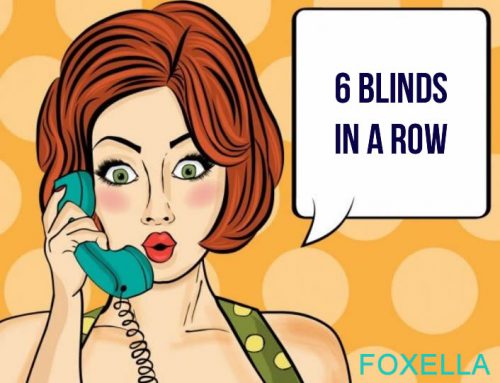Reader Blind – Old Hollywood:
Before this screenwriter was blacklisted as a Communist, he wrote a war film for an A+ star he hated for his “outrageous reactionary comments.”
Knowing that the star worked without a double, he wrote painful stunts into the script.
Carl Foreman
High Noon
Gary Cooper
HIGH NOON’S Secret BACKSTORY
ORIGINALLY PUBLISHED ON VANITYFAIR.COM, FEBRUARY 22, 2017
It is one of Hollywood’s most iconic images: a lawman walking down a deserted Western street toward a showdown with four armed killers. For more than 60 years, High Noon, starring Gary Cooper, has embedded itself in our culture and our national memory. Its title itself has become legendary, connoting a moment of truth when a good man must confront evil.
Shot in 32 days on a shoestring—with its famous star working for a fraction of his normal wage—High Noon was an afterthought for those who made it, a rush job to fulfill the tail end of an old contract. Yet it vaulted almost immediately to critical acclaim and box-office success. Its taut narrative, powerful performances, evocative theme song, and climactic shootout made it an instant classic. It won four Academy Awards, including best actor for Cooper. Even today it is considered one of the most enduring films of Hollywood’s golden age.
Each generation has imposed its own politics and values onto High Noon. Yet what has largely been forgotten is that the man who had written the script had set out with a very specific goal: to make an allegory about the Hollywood blacklist, the men who sought to enforce it, and the cowardly community that stood by silently and allowed it to happen.
By 1951, Carl Foreman was one of the town’s hottest screenwriters, working for one of the industry’s most admired independent production houses. The Stanley Kramer Company had a short but impressive track record of low-budget box-office and critical hits. It was, in our modern vernacular, a nimble start-up that was making socially relevant movies better, faster, and cheaper than the more bloated studios with their glitzy, predictable fare. It attracted talented collaborators like director Fred Zinnemann (later known for pictures such as From Here to Eternity and A Man for All Seasons); composer Dimitri Tiomkin (It’s a Wonderful Life and Giant): and some of Hollywood’s most gifted actors, who took pay cuts to work with the companyincluding Cooper, Kirk Douglas, Marlon Brando, Jose Ferrer, Teresa Wright, and an as-yet-unknown actress named Grace Kelly.
Carl Foreman had twice been nominated for best screenplay for Champion and The Men and would soon get a third Oscar nod for High Noon. Foreman; his wife, Estelle; and their four-year-old daughter, Kate had recently moved to fashionable Brentwood, occupying a large cottage once owned by Orson Welles and Rita Hayworth. Along with his higher profile, Foreman was also drawing the attention of the House Un-American Activities Committee (H.U.A.C.). An ex-member of the American Communist Party, Foreman, while finishing the High Noon screenplay, was subpoenaed in June 1951 by H.U.A.C. and told he would take the stand three months later— during the middle of the film shoot.
Foreman knew what to expect. Cooperative witnesses were required to confess to and renounce their membership in the party— and praise the committee’s patriotic diligence. But they had to go one step further: To prove their sincerity, they were expected to name the names of other participants in the alleged Red plot to destroy America.
The alternative was to invoke the Fifth Amendment against selfincrimination, a choice that ensured you would lose your high-paying job and social status because the major Hollywood studios had all adopted a policy of blacklisting anyone who refused to cooperate. For Foreman, it came down to a Solomonic choice: betray his friends or lose the career he’d worked so hard to achieve. As he pondered what to do, he began to rethink his script. High Noon’s protagonistmarshal Will Kane—was now Foreman himself. The gunmen coming to kill him were the members of H.U.A.C., and the hypocritical townspeople of fictional Hadleyville were the denizens of Hollywood who stood by passively as the forces of repression bore down. – Source
Read more on these Tags: Carl Foreman, Gary Cooper, Old Hollywood









